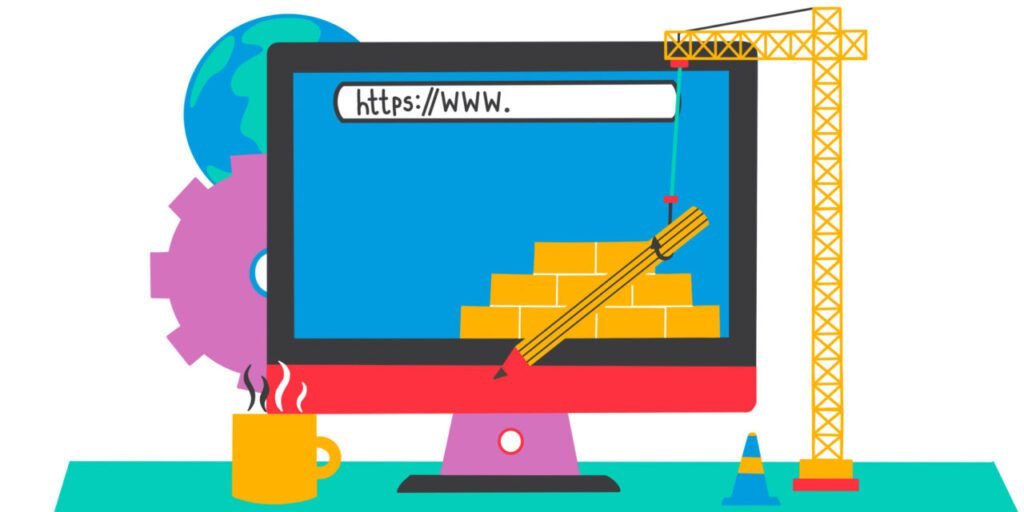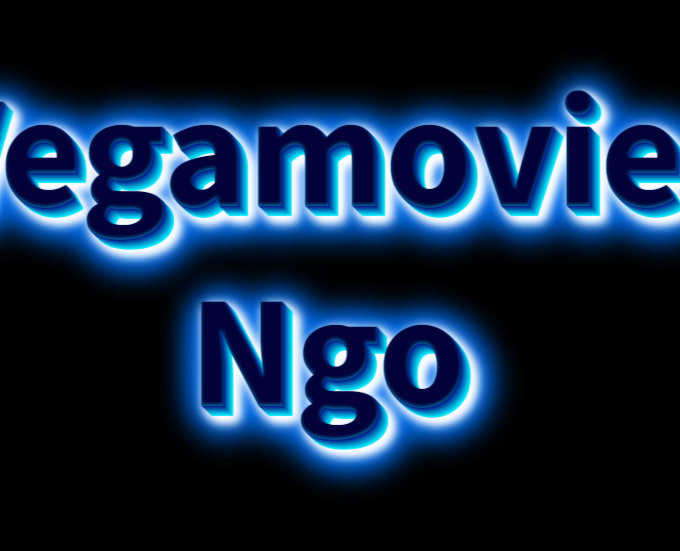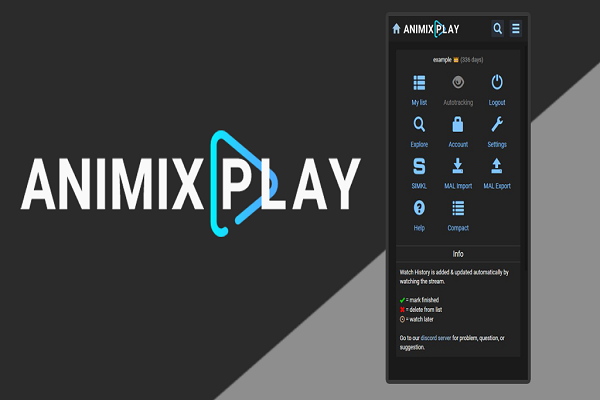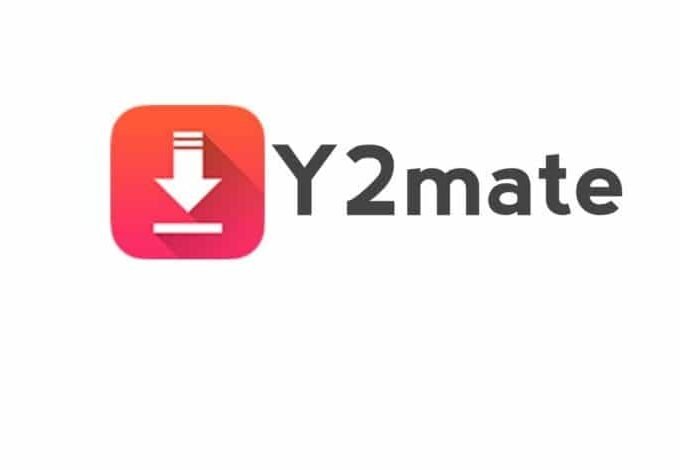Having a website is no longer a whim of a high-tech company with much spare money. Every business wishing to connect to its users in the channels they use most often should be present online. People search for goods, read reviews, and purchase products and services in the digital space today. Thus, having a website is a great way to reach out to your target audience easily.
You might be wondering about the cost of your website’s creation. Reading how much designers make can create a false impression that web development is too costly for an average business on a budget. We have good news for you: the price fluctuates broadly, from a modest check for a simple, functional website to a large sum for a huge marketplace with a complex set of 711719541028 features.
Here we discuss two major options you have to get a website for your company. It’s a DIY website that your in-house team can build, and an external agency handling the entire project from idea to a working web resource. Each alternative has its pros and cons, so knowing this task’s intricacies can save you much time and effort.
Creating a DIY Website
Building your website on your own may be a good idea. Indeed, it offers many pros to people wishing to maximize the value of their human resources and save costs. Here are the key benefits pushing businesses to seek DIY web design solutions.

The pros of building your website in-house are:
- Cost Savings
The most frequently cited reason for developing a website in-house is an effort to save costs. Assigning this task to your staff is easier than hiring an agency charging an extra fee for the organization of work and developers. Some startups even begin with one-day website builders, bringing them to the online space with quick, ready-made web design solutions of Streameast.
- Timing
Creating a simple, user-friendly website in-house is always quicker than doing it with an external firm. You must communicate all requirements to an outside team, give feedback, and instruct the provider about revisions. In-house work takes place quicker, as you have all the involved staff in one room.
- Sense of Control
Building a website on your own is safer in terms of your control of the process. The team working on your project is located in-house, so there is minimal risk of data leakage or miscommunication.
- Sense of Ownership
Nobody knows your business better than you do. So, you can create the best website reflecting your business mission, vision, and values without wasting time explaining everything to your external provider.
However, this decision also comes with specific downsides, such as:
- Need for Trained Staff
Building a functional website is impossible if you have no coders in your team. There are some no-code web solutions, but their functionality is very limited, and you still need a tech specialist to manage your website’s daily operations and troubleshoot problems.
- Increasing Workload
Your staff has a particular workload to help your business survive and grow. Thus, adding a task of website construction to a team with an existing set of duties and tasks can be destructive to the outcomes. People’s overload may result in delays and poor quality of work.
Hiring a Web Agency
The minuses of DIY web design are mostly concerned with the lack of properly trained staff and the extra burden working on a website can create on your employees. Thus, you may consider an alternative approach – outsourcing this project to a reputable web design agency. The benefits of such a decision are sizable:
- Tech Expertise
An external agency specializes in web development, so it has many coders, UX/UI designers, and testers in its team. You’ll have access to those experts by hiring a company and outsourcing your project to it.
- Access to Dev Talent
Let’s suppose you need a website on JavaScript or Rust. No need to hire a coder for your company; you can find a web agency having skilled JavaScript/Rust coders on board, thus saving time and money on full-time recruitment and getting the exact tech stack you want.
- Website Quality
A professional web agency knows much about web design, so they can create a website in compliance with top quality and safety standards for you.
- Cybersecurity
The online space is very dangerous, with hackers preying on unsafe websites to steal money and sensitive user data. A web agency can introduce robust security measures to protect your database.
We would be wrong to say that working with an external agency is always an ideal arrangement. Obviously, partnership with an external provider often comes with considerable cons, which you should also understand before signing a contract.
- High Cost
You should be ready to pay a higher price to an agency than you would to an in-house team. The reason for higher cost is an extra set of administrative expenditures your provider incurs by hosting your dev team.
- Lower Control
Once you hire an external provider of web design services, you need to give away some control, agreeing to a specific progress report submission and feedback schedule. But in fact, you’re overboard the development process, unable to track it daily.
- Challenging Provider Choice
The digital market is huge, and it’s often hard to find a reliable provider of web design services. Be careful when assessing testimonials and reviews; always talk to previous clients in-person to verify the company’s credentials.
- Data Privacy
There’s always a risk that sensitive project data will leak to competitors. To minimize that danger, sign NDAs with the company and its staff.
Approach the Choice Responsibly
As you can see, both options are viable in specific cases, but they still have limitations and issues to consider. Thus, when planning a website project, weigh all the pros and cons carefully.
Those without money for professional web design often choose free website builders or templates available online to create their online resources. Naturally, such a solution is a suitable temporary variant for a startup wishing to set up its digital presence, building a customized web version later on. But we recommend taking the cybersecurity of ready-made, plug-and-play web design solutions seriously. You need to take extra protective measures, as open-source code is vulnerable to hackers and breaches.
Thus, companies that need to store sensitive user data and are legally liable for its intactness should avoid data leakage by all means. Working with a web agency and developing a website from scratch is a much more secure option, as the custom code written specifically for your business will be much more reliable and hacker-proof.








Leave a comment